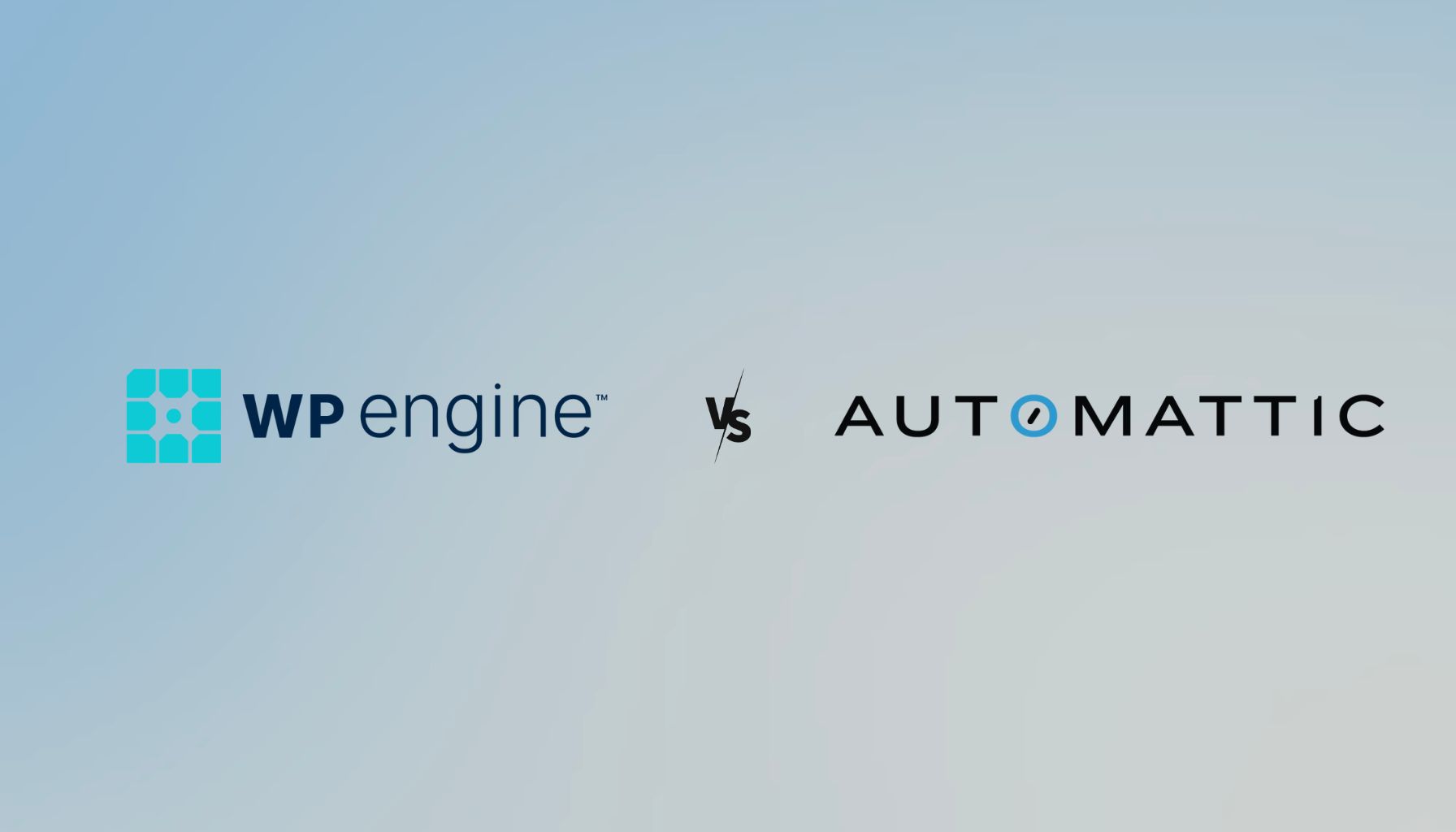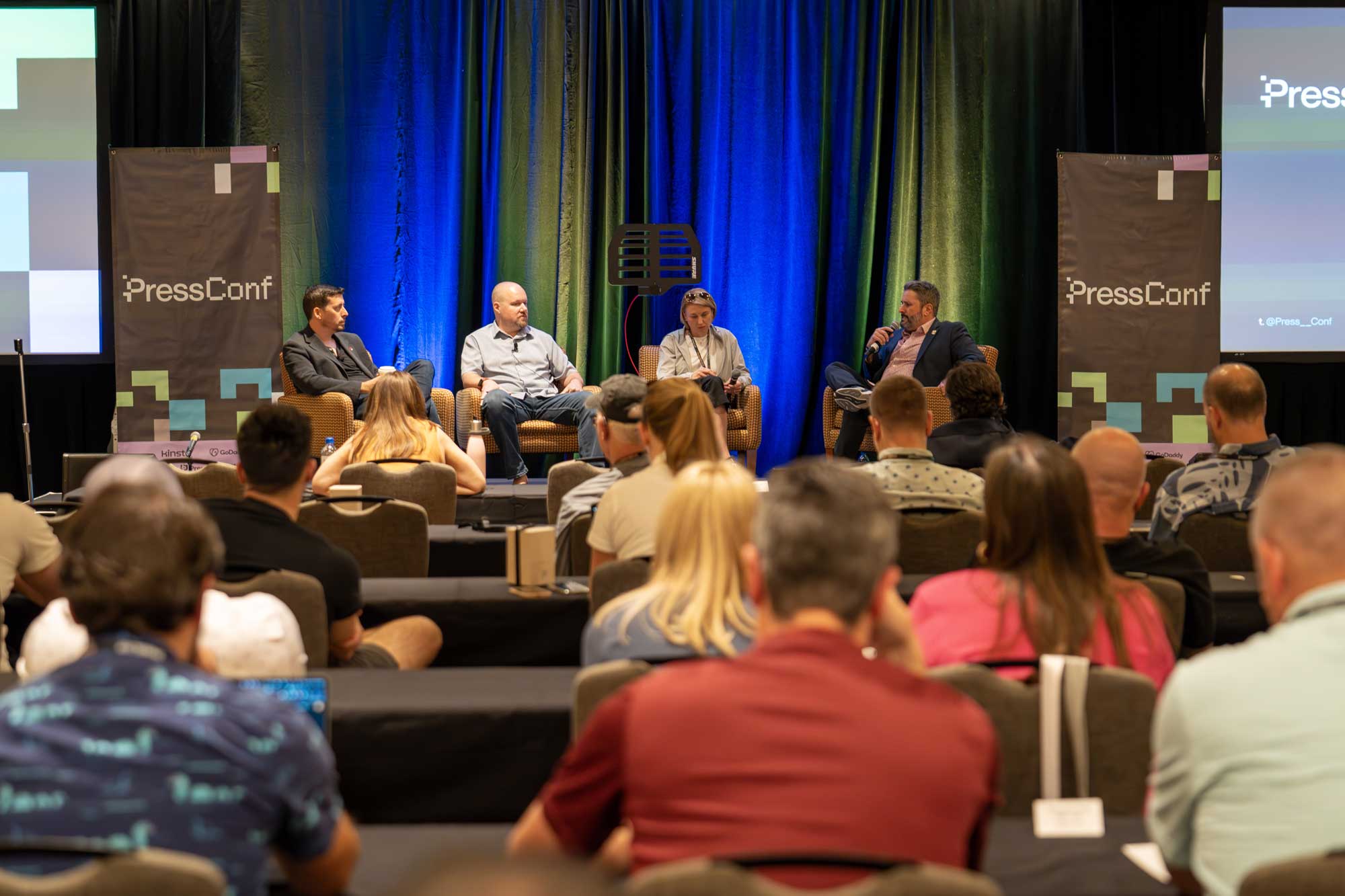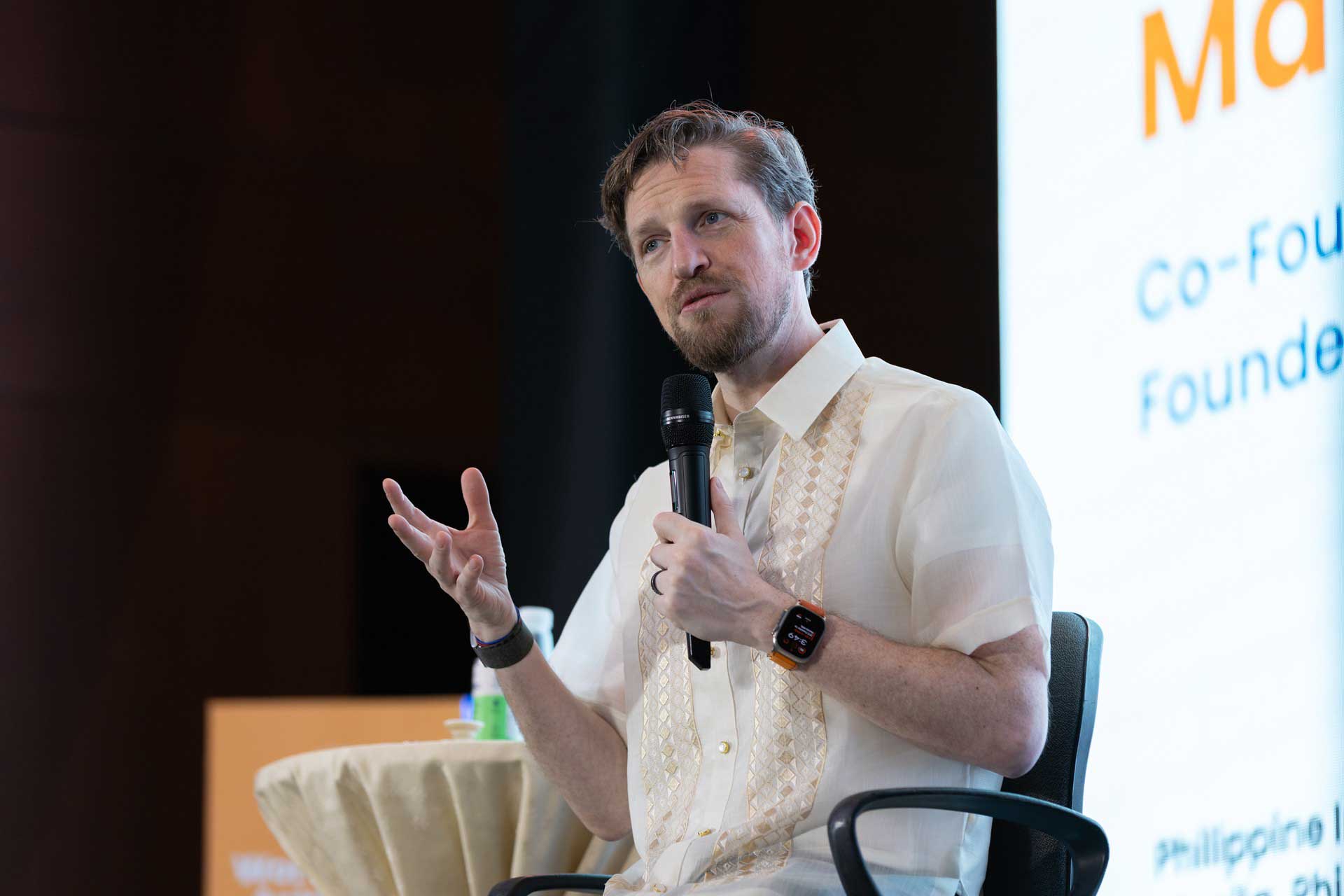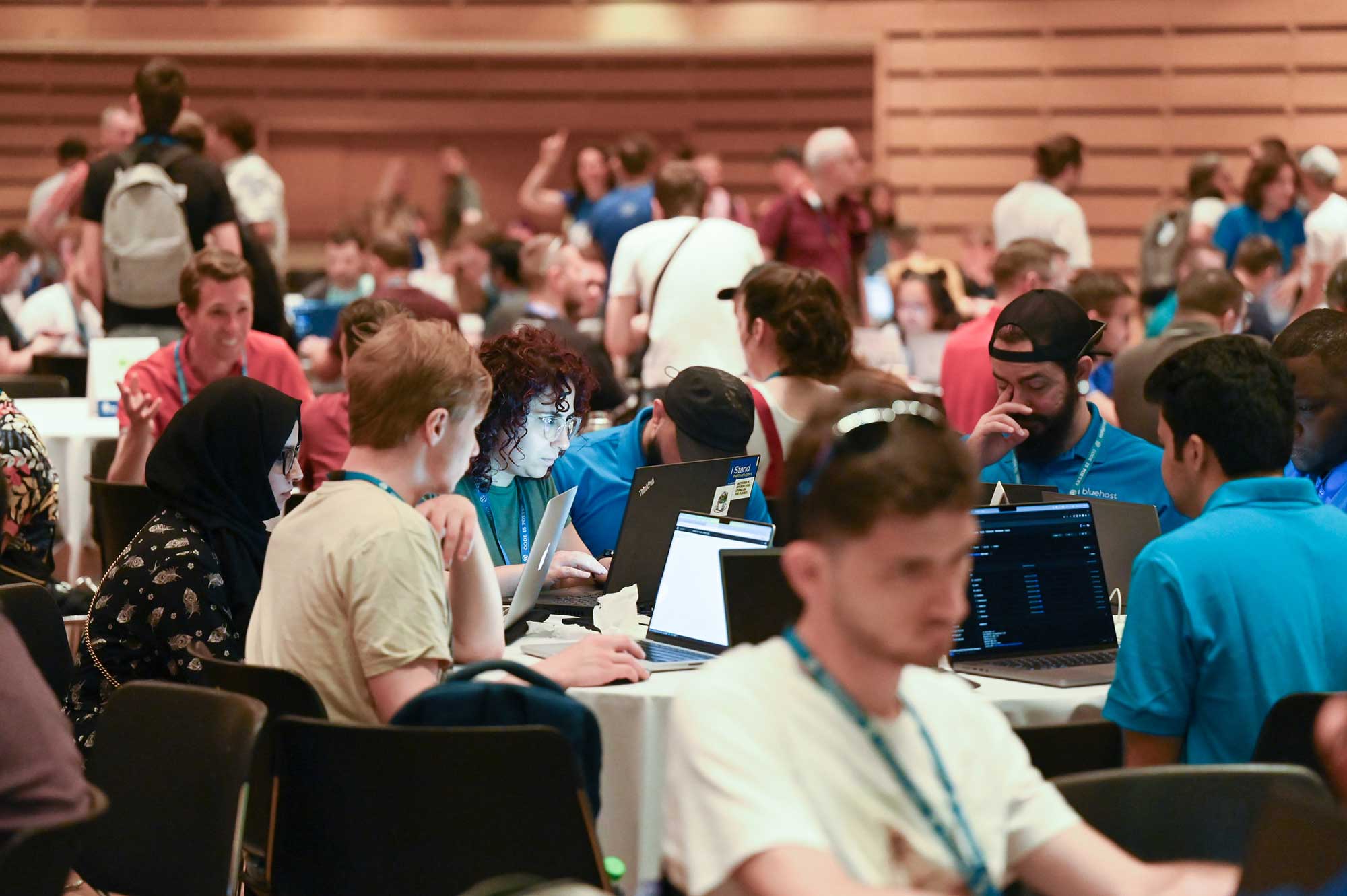A decision on whether Automattic will face a court-ordered injunction is expected after Monday, as a Northern California court considers WP Engine’s claim that Automattic and its CEO, Matt Mullenweg, engaged in attempted extortion against the rival hosting company.
During a court hearing today, Judge Araceli Martínez-Olguín said she was “inclined to grant some sort of injunction” but described WP Engine’s proposed order as “exceedingly vague,” making it difficult to enforce. She ordered both parties to maintain the status quo until Monday, December 2, and to submit revised—or, if necessary, dueling—injunction proposals by that date.
WP Engine is seeking the injunction to return the status quo as it existed prior to September 20, 2024, before the company’s ban from WordPress.org and Mullenweg’s public attacks in recent weeks.
WP Engine filed its original lawsuit on October 2, alleging trademark abuse, attempted extortion, and anti-competitive practices. The lawsuit followed Mullenweg’s keynote at WordCamp US 2024, where he accused WP Engine of profiting from WordPress without contributing enough back. He specifically singled out the company’s private equity backer, Silver Lake, and its Managing Director, Lee Wittlinger. Following the WordCamp, Automattic accused WP Engine of trademark infringement. In November, WP Engine expanded the lawsuit to include antitrust allegations.
During Wednesday’s hearing, attorney Rachel Kassabian from Quinn Emanuel, representing WP Engine, focused her arguments on the extortion claims. Kassabian pointed to Automattic and Mullenweg’s actions since 20 September, including demanding 8% of WP Engine’s annual revenue—equivalent to $32 million—for use of the WordPress trademarks, banning WP Engine from WordPress.org, and alleged public disparagement. Kassabian told the court these actions had caused WP Engine irreparable harm, including customer losses, reputational damage, and declining market share.
“That’s not how trademark owners operate. That is not how you protect and enforce your mark. You don’t wait 15 years and then drop a demand for $32 million,” Kassabian said, also claiming Automattic’s method for calculating the 8% royalty was a “ransom” demand.
Attorney Anna Shaw of Hogan Lovells, representing Automattic, argued that WP Engine’s extortion claims lacked legal merit. She told the court Automattic’s trademark enforcement actions were lawful and consistent with industry standards and noted that WP Engine could have opted to contribute an equivalent in volunteer employee hours to WordPress instead of paying the licensing fee.
Shaw claimed WP Engine had “cleaned up” its website on the eve of the lawsuit, removing numerous references to the WordPress and WooCommerce trademarks, including in product names, indicating that WP Engine may have been aware of potential trademark violations.
She told the court WP Engine was overstating its claims of irreparable harm, arguing that the hosting company still had access to WordPress.org’s public resources, including plugin code and software downloads, even if it could no longer use certain automated systems, such as API access or plugin submission tools.
Attorney Brian Mack from Quinn Emanuel described WP Engine’s workaround to address the WordPress.org ban—creating a mirror of WordPress.org—as “inadequate.” He told the court that while it was possible to update plugins manually, doing so for the hundreds of thousands of sites that WP Engine hosted would be like walking from Los Angeles to San Francisco—technically possible but not practical.
“This is an extremely complicated solution to maintain. It’s not built for the long term. It’s just a temporary fix that we had to put in place to satisfy our customers because all of our customers would’ve left probably,” Mack told the court.
He argued that WordPress.org was “intimately linked” to the WordPress software, with over 1,500 hard-coded references in its core code, and this reliance made WordPress.org’s resources, including API access and plugin management, indispensable for WP Engine’s business operations.
Kassabian stressed that the preliminary injunction was an “emergency matter” for WP Engine, noting that it could be two years before the case proceeds to trial.








